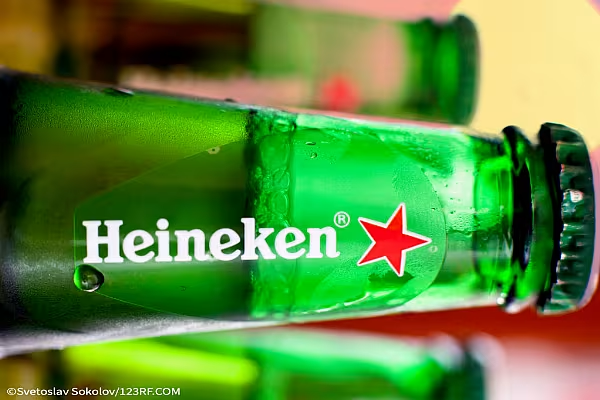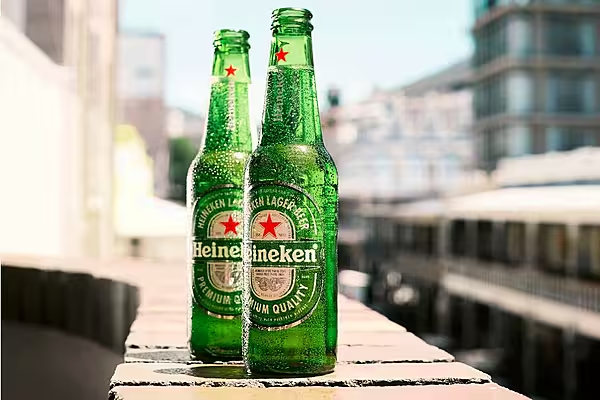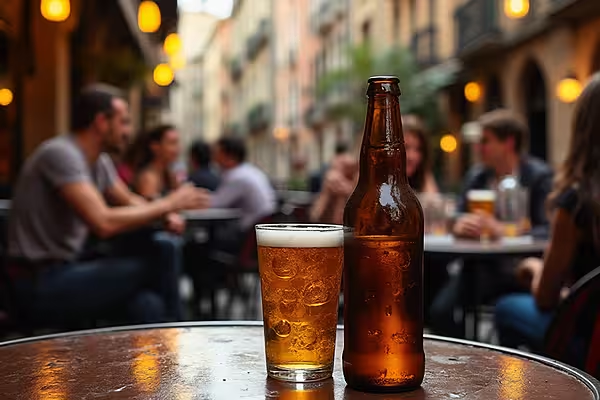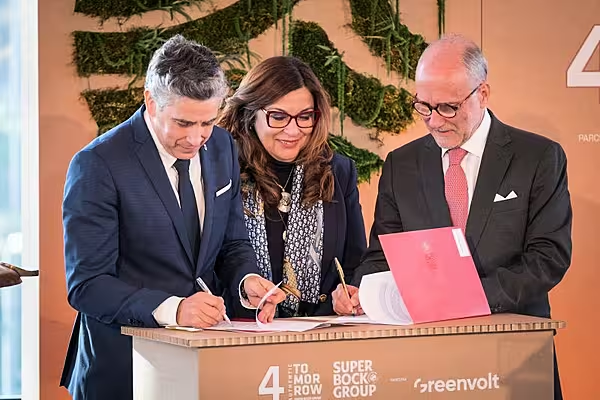Heineken expects the COVID-19 pandemic to weigh on key Asian markets for the rest of the year, while rising costs are also set to dent margins at the Dutch brewing giant.
Chief executive Dolf van den Brink, who has been at the helm of the world's second-largest brewer for a year, said the company was pleased with its strong first half performance, but expressed caution, with results expected to remain below pre-pandemic levels in 2021 as a whole.
Asian Impact
"Unlike last year, we now see significant impact on the business in southeast Asia," Van den Brink told Reuters in a telephone interview, referring to the fallout from the COVID-19 pandemic.
He said Vietnam, a top three market for Heineken, was a concern, with lockdowns imposed in its strongholds in cities and the south of the country. Elsewhere, the company's Malaysia brewery is shut and reduced tourism is hitting Indonesian sales.
The maker of Europe's top-selling lager Heineken, Tiger and Sol, previously forecast an improvement in market conditions in the second half of 2021, depending on vaccine roll-outs. Heineken recently announced the takeover of India's largest brewer, UBL.
Commodity Costs
Rising commodity costs, including for barley, sugar and aluminium for cans, would start affecting Heineken in the second half of 2021 and would have a "material effect" in 2022, when hedging contracts were no longer mitigating the increases.
Marketing expenses would also be skewed towards the second half as bars reopened.
Anheuser-Busch InBev, the world's largest brewer, last week reported a surge in beer sales in the second quarter, but higher can and transport costs curbed profits.
Heineken sold almost 10% more beer in the first half than a year ago and Van den Brink said the company would seek to be "assertive" on pricing, having achieved nearly 10% higher prices per hectolitre of beer in the Americas and Africa/Middle East in the first half.
Inflationary Environment
Trevor Stirling, beverage analyst at Bernstein said he expected consensus earnings estimates for this year to rise.
"The inflationary environment will be much higher next year. How much can they recover in pricing?"
The company said more than half of the savings under its three-year plan to save €2 billion and restore profit margins to pre-pandemic levels by 2023, partly through cutting 8,000 jobs, should be achieved by the end of 2021.
First-half operating profit before one-offs doubled to €1.63 billion, compared with the average forecast in a company-compiled poll of €1.22 billion.
News by Reuters, additional reporting by ESM. For more Drinks news, click here. Click subscribe to sign up to ESM: European Supermarket Magazine.














